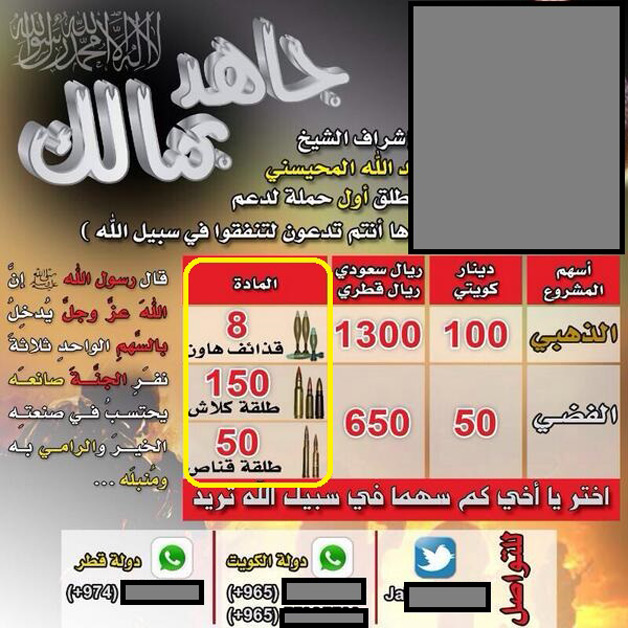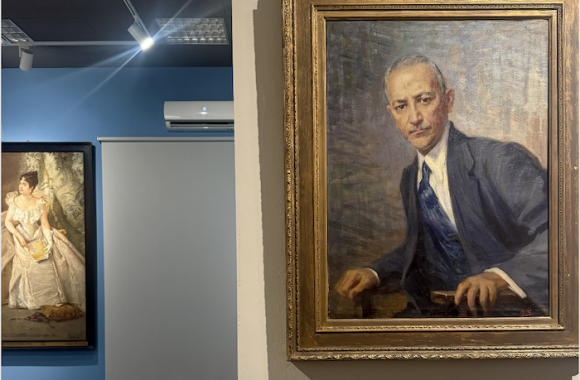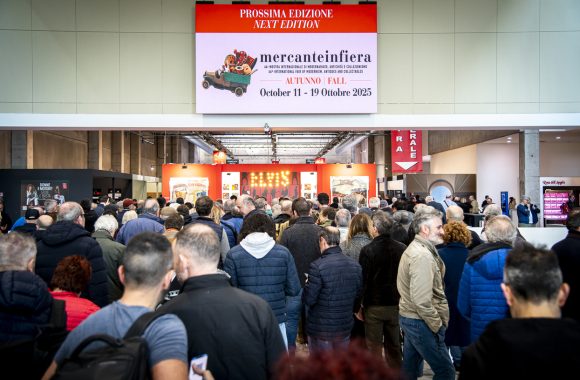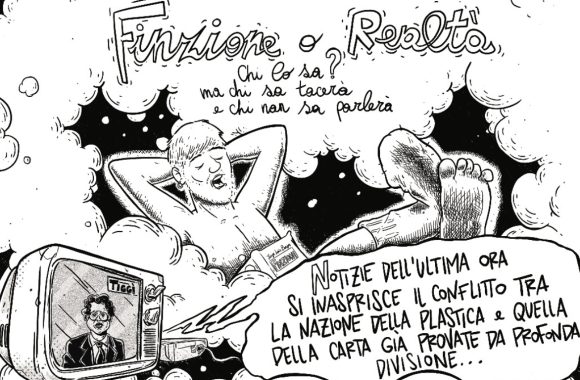The best known and monitored sources of ISIS funding essentially derive from income produced by oil trafficking, kidnapping, the sale of electricity and water, trafficking historical artifacts and the “protection” of industrial plants in certain areas. These resources, which are estimated to amount to between 60 and 90 million dollars a month depending on the month and territory, are used locally to pay for “wages” , arms, ammunition and supplies.
One of the most complex activities for the Caliphate is to convert money into electronic form and transfer it to their overseas networks. There are basically three ways they do this.
Part of the money is deposited by the traffickers/buyers into overseas bank accounts held by third parties. These are often Arab businessmen with legitimate businesses in the West who are sometimes sympathizers but, more often than not, collaborate through fear as a result of threats to family members. This system, though, can only be used for a limited number of operations, frequently for the import/export of arms, because payments through these accounts are effectively traceable.
A report by the Brookings Institution of Washington points to the scarce checks made by Kuwait’s financial institutions as the weak point which allows such “private” funds to reach their destination despite measures taken by the governments of Kuwait, Saudi Arabia and Qatar to block them.
According to Mahmud Othman, a Kurdish former member of the Baghdad parliament, “one of the reasons the Gulf States allow these private donations is to keep the terrorists as far away from them as possible”. David Phillips, a former senior director of the US State Department now at New York’s Columbus University, affirms that “there are many rich Arabs who play dirty and while their governments claim to be fighting ISIS, they are financing them”. Admiral James Stavridis, former Nato Commander in Chief, calls them “Angel Investors” whose funds “are the seeds from which the jihadist groups grow” and who come from “Saudi Arabia, Qatar and Arab Emirates”.
Some of the private financiers who have been identified, particularly in Qatar, are: Abd al-Rahman al Nuaymi, Salim Hasan Khalifa Rashid al-Kuwari, Abdallah Ghanim Mafuz Muslim al-Khawar, Khalifa Muhammed Turki al-Subaiy and Yusuf Qaradawi. Abd al-Rahman al-Nuaymi is believed to have donated over 600,000 dollars to Al Qaeda in Syria in 2013 and 2 million a month to Al Qaeda in Iraq. According to the US Treasury Department, Salim Hasan Khalifa Rashid al-Kuwari has donated hundreds of thousands of dollars to Al Qaeda in Iraq over the years as has Abdallah Ghanim Mafuz Muslim al-Khawar.
Another part of the money raised from illicit activities is loaded onto “unnamed pre-paid cards” which provide many advantages. They cannot be stolen and can hold large sums in a limited space. Moreover, they are easy to transport and pass on. They don’t have a clearly named card holder so it is very difficult to trace any transactions and as the money is in electronic form numerous payments, even for small amounts, can be made immediately by whoever, anywhere.
The final part of the money raised goes into specific fund-raising activities which exploit social networks through which it is spread out and shared.


Alongside these activities there are the credit-card frauds and phishing activities which effectively turn social networks into recycling networks with dummy or fake
identities offering to receive and re-transfer the money, sometimes in
exchange for a cash payment. This system makes it almost impossible to trace transactions especially as there is often no relation between the senders and recipients.
These are sums of money which apparently have nothing to do with the Caliphate nor any connection with countries or regions under observation. They are simply “country to country” transactions which are frequently put down to “online fraud” without any perceived link with terrorist networks.
Internet and the financing of ISIS




